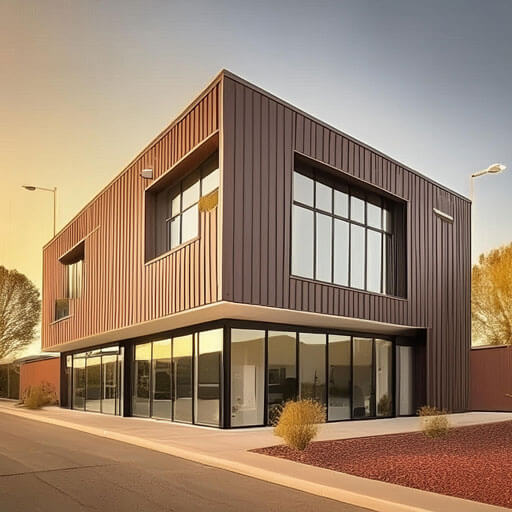
Addictions Recovery Center, Inc.
Provider at a Glance
Available programs:
Program languages include:
- English
Do you own this provider?
Claim this facility to update information, respond to contact forms and more!
The DUII Flex Program at the Addiction Recovery Center (ARC) offers a comprehensive educational resource for individuals dealing with Driving Under the Influence of Intoxicants (DUII) issues, whether or not they have underlying addiction problems. Grounded in the Stages of Change model, the program emphasizes a strength-based approach that treats each client with dignity and respect. Available at all levels of care, the program is designed to fit around clients’ schedules and is delivered in a supportive learning environment. The curriculum includes lectures on topics such as brain chemistry, the impact of addiction on families, and impaired driving prevention planning. Additionally, a specialized class is offered for Veterans enrolled in the SORCC Addiction Treatment Program. ARC's DUII Flex Program is accessible to clients across the United States, regardless of the state in which their DUII occurred.
ARC also provides a range of behavioral health treatments, including Cognitive-Behavioral Therapy (CBT) and Relapse Prevention, both in individual and group settings. CBT helps clients recognize and manage situations that may trigger substance use, while Relapse Prevention focuses on identifying early signs of relapse. Family Groups are also available, allowing clients and their loved ones to connect with others in recovery, fostering supportive relationships. Whether starting with outpatient or residential treatment, these therapies begin intensively and transition to regular outpatient sessions as recovery progresses. Group therapy, in particular, offers added benefits such as positive peer support, social skills development, and a sense of hope and encouragement, all of which are crucial for long-term success in recovery.